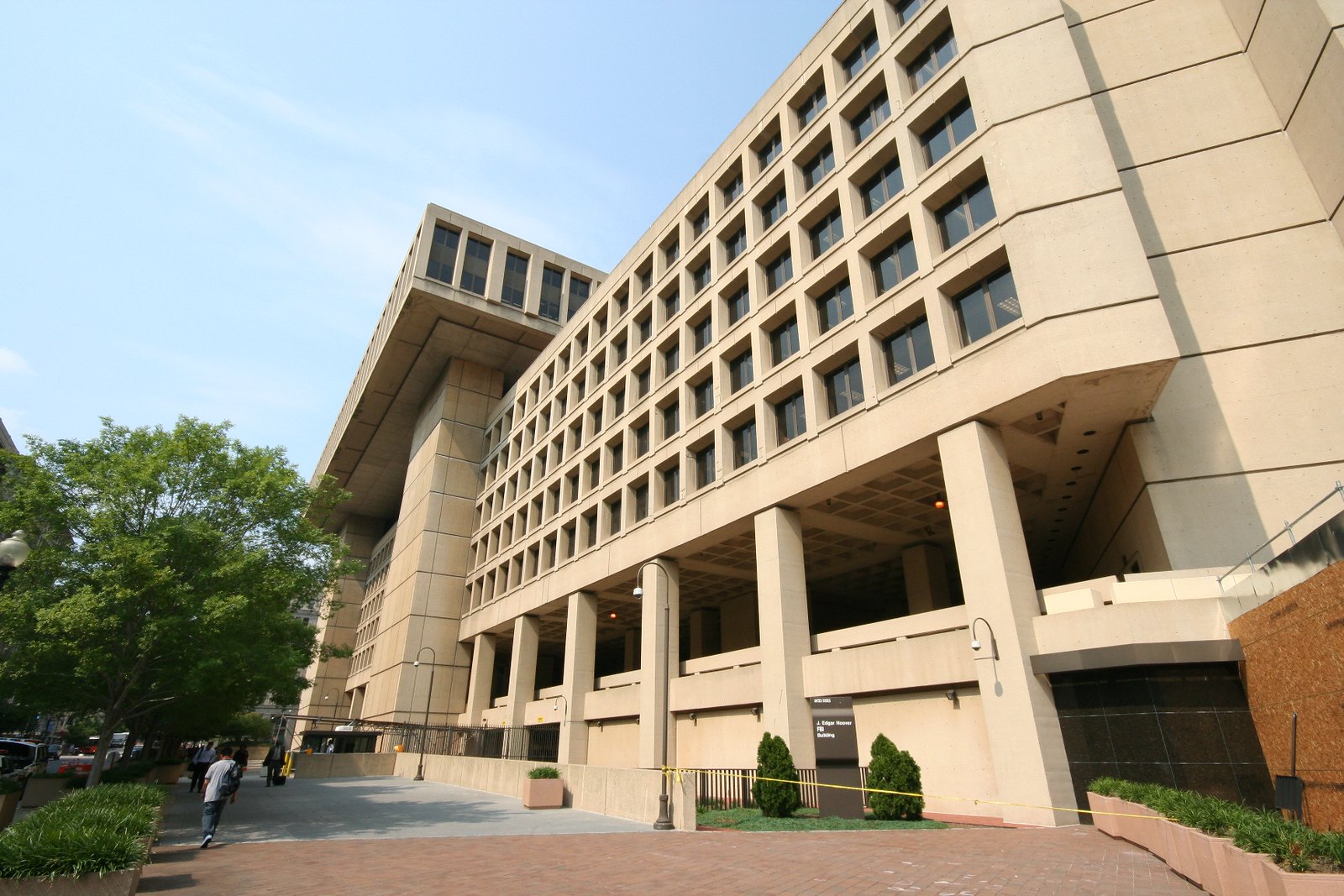-

Lawfare Lecture: The Making of the MAGA New Right with Dr. Laura Field, Lecture 1
Watch the first class of the lecture series. -

The U.K.’s Cybersecurity Refresh
The country’s anticipated cyber strategy will need to sharpen its focus while better implementing its provisions. -

Lawfare Daily: The Trials of the Trump Administration, Dec. 19
Listen to the Dec. 19 livestream as a podcast. -

Why the Sahel’s Violence Is More Than a Local Problem
Terrorist groups are expanding their reach and affecting U.S. and other countries’ interests. -

The Week That Was
Your weekly summary of everything on the site. -

Inside Trump’s Second-Term National Security Strategy
President Trump’s new “America First” National Security Strategy (NSS) is a stark departure from previous strategies. -

Why the Government Keeps Failing to Re-Indict Letitia James
Prosecutors are satisfying the definition of insanity—doing the same thing over and over again and expecting different results. -

The Situation: A Legal Puzzle to Ponder
What if I wanted to project an unflattering image of Kash Patel on the FBI building? -

Algorithmic Optimism, Democratic Reality
A review of Bruce Schneier and Nathan E. Sanders, “Rewiring Democracy: How AI Will Transform Our Politics, Government, and Citizenship” (The MIT Press, 2025). -

Dumb and Dumber: Russia's State-Backed 'Hacktivists'
The latest edition of the Seriously Risky Business cybersecurity newsletter, now on Lawfare. -

Lawfare Daily: ‘Deportation, Inc.’ and the Rise of the Immigration Enforcement Economy
Why does the government outsource the critical immigration enforcement functions? -

Why Gaza’s Aid Effort Will Fail Without Cash
Israel’s economic warfare and the hidden monetary and financial roots of Palestine’s humanitarian crisis. -

Lawfare Live: Trials of the Trump Administration, Dec. 19
Join the Lawfare team at 4 pm ET for a discussion of the litigation targeting actions from President Trump. -

When AI Models Can Continually Learn, Will Our Regulations Be Able to Keep Up?
Regulation has already been hard enough for static AI models. -

Lawfare Daily: Trump Admin Attacks on Inspectors General with Cristin Dorgelo and Rob Storch
-

Healthy Insurance Markets Will Be Critical for AI Governance
The question is not if insurers will play a role, but rather how to ensure they play a socially beneficial one. -

Rational Security: The “Chestbursters Roasting on an Open Fire” Edition
Scott Anderson, Alan Rozenshtein, and Ari Tabatabai talked through the week’s big national security news stories. -

Lawfare Daily: Scott Anderson on How Social Media Platforms Should Handle Unrecognized Regimes
How should social media platforms handle unrecognized regimes like the Taliban? -

A Political Earthquake in Ukraine
Zelensky folds to critics and sacks his ultra-powerful chief of staff. -

Platforms, Sanctions, and Unrecognized Regimes
A novel strategy for social media platforms dealing with local de facto authorities like the Taliban.
More Articles
-

The Week That Was
Your weekly summary of everything on the site. -

Understanding Trump’s Coercive Foreign Policy
Trump’s attempts to dominate allies come with many costs and few benefits. -

The Situation: “Horsefeathers!”
A federal judge with a unique style in punctuation.







.png?sfvrsn=48e6afb0_5)

.jpg?sfvrsn=b3d4eb92_7)



-(1).png?sfvrsn=dd820f87_5)
.jpg?sfvrsn=bc558971_2)


-(1).png?sfvrsn=fc10bb5f_5)

.jpg?sfvrsn=e1000919_5)
